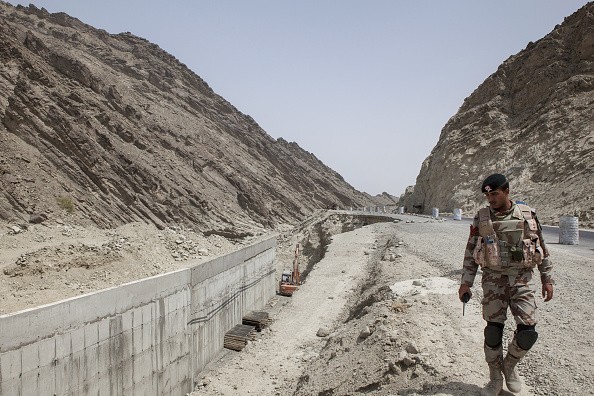Experts are unsure how the “One Belt, One Road” project, also known as OBOR, will proceed as more problems open up, making the means to the end more complicated than theorized, according to a report by Channel News Asia.
“Frankly, I don’t really know what the belt and the road are. The reason being that I think Beijing doesn’t know either,” Tom Miller from Gavekal Dragonomics, who authored a book about the project, said.
One of the reasons why people are unsure how OBOR will move forward is the late inclusion of the city of Hunchun in the list of cities included in the project.
Hunchun is sandwiched between China, Russia and North Korea--a strategic location that warrants automatic inclusion to the project.
However, Hunchun had to lobby hard to be included in the Silk Road project. It was only in 2016 when the city was finally included in the list China’s cabinet released on cities included in OBOR.
Furthermore, issues with North Korea over its trade policies and nuclear arms program have caused sanctions to be placed against the country. This creates further complications for Hunchun businessmen, who want to ship goods to Russia via Rason, located near North Korea.
“Hunchun is a hub for northeast Asia, so in theory it should play a big role in ‘One Belt, One Road,’ but for now it hasn’t been able to get its act together,” said Wang Hai, general manager of Guanghai Import and Export Trading Company in Hunchun.
Other businessmen in Hunchun are wary of working with North Korea, and representatives of the city declined to comment on the city’s relations with its neighbor.
“But we can talk about Hunchun’s trade with Russia, the city’s clean air and successful tree-planting initiatives,” said Hao Qiang, a Hunchun spokesperson.
Supporters of the project still hope that it will push through, especially with the upcoming OBOR summit. North Korea will send a delegation, and Russian president Vladimir Putin will also be in attendance.




























